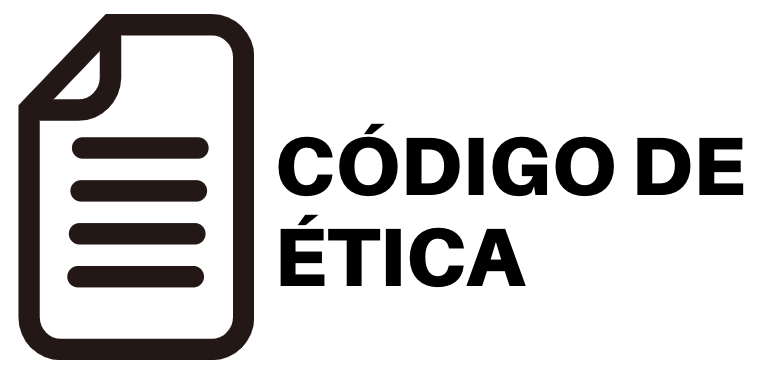The vocational training of psychologists during the pandemic
DOI:
https://doi.org/10.33936/psidial.v1i2.4824Keywords:
pandemic, COVID-19, professionalization, university, narrative, educationAbstract
The COVID-19 pandemic, has disrupted and altered the daily lives of billions of people in the
world, affecting health, the economy, as well as education. In the face of the sudden
confinement, school courses were suspended and, therefore, the direct teacher-student
interaction, provoking changes in perception, valuation and affective states, which have
generated living conditions marked by uncertainty and the risks of contagion. In particular, the
vocational training of university students, abruptly immersed in an online education, has
implied unexpected experiences in students who, despite everything, still remain in higher
education. The objective of this paper is to present an analysis on the professional training of
psychology students from their intervention in the educational field, based on their
narratives. Sustenance is a qualitative methodology, which implies the construction of
information from the results, highlighting unforeseen situations, the search for alternative
strategies adapted to specific problems, and their contribution to a rich training in experience,
creative in didactics and training by using new technologies as challenges in the dimension’s
certainty-uncertainty, generating different degrees of dissatisfaction–satisfaction. In this
process, affective, academic, communication, respect and empathy support is highlighted as a
formative context.
Downloads
References
Covarrubias, A. (2021). Impacto emocional en estudiantes universitarios debido al distanciamiento social por COVID-19. Revista AMAzônica, LAPESAM/GMPEPPE/UFAM/CNPq. ISSN 1983-3415 (versão impressa) - eISSN 2558 – 1441 (Versão digital), XIII (1), 250-277.
Cuevas, A. (2002). Consideraciones en torno a la investigación cualitativa en psicología. Revista Cubana de Psicología 19(1), 47-56.
Cuevas, A. y Covarrubias, A. (2018). La autovaloración del desarrollo en estudiantes universitarios a través de la narrativa. Alternativas cubanas en Psicología 7 (19) 103-121.
De la Cruz, G. (2020). El hogar y la escuela: lógicas en tensión ante la COVID-19 En IISUE, Educación y pandemia. Una visión académica, pp. 39-46, México, UNAM, <http://www.iisue.unam.mx/nosotros/COVID/educacion-y-pandemia> consultado el 28 de abril, 2021.
Dreier, O. (1999). Trayectorias personales de participación a través de contextos de práctica social. Revista de Psicología Social. 3 (1) 30-51. Ed Universidad Nacional Autónoma de México. Facultad de Estudios Profesionales.
Fernández, A. (2021). Pandemia, confinamiento y educación a distancia: una valoración universitaria en la Ciudad de México. Educación, 30 (59), 1-27. https://doi.org/10.18800/educacion.202102.005
Gómez, J. (2021). Efectos psicológicos del distanciamiento social a causa de la pandemia en la población universitaria. Revista Ixmati (1) 7-11. DGP-UNAM, México. https://ixmati.dgp.unam.mx
González, R, F. (1983). La motivación hacia la profesión en adolescentes y jóvenes. La Habana, Ciencias Sociales.
González, R. F. (2007). Investigación cualitativa y subjetividad. México, McGraw-Hill Interamericana.
Jurjo, S. (1998). El currículum oculto. Colección Manuales de Pedagogía. Madrid: Morata, 6a. ed.
Morín, E. (2021). Aprender a vivir en la incertidumbre. La jornada https://www.jornada.com.mx/notas/2021/01/07/cultura/aprender-a-vivir-en-la-incertidumbre- 2021-01-07, 09:01
Plá, S. (2020). La pandemia en la escuela: entre la opresión y la esperanza. En IISUE Educación y pandemia. Una visión académica, pp. 30-38. México, UNAM, <http://www.iisue.unam.mx/nosotros/covid/educacion-y-pandemia> consultado el 28 de abril, 2021.
Passeggi, M.C. (2021). Construcción de fuentes de investigación con adultos, niños y jóvenes narradores. Conferencias del Ciclo Retos de la Educación y la Investigación en América Latina, Departamento de Profesionalización de la Docencia CIMIE, FES UNAM Iztacala, impartida el 11 de noviembre de 2021.
Shweder, R. A. y LeVine, R. A. (1997). Anthropology’s romantic rebellion against the enlightenment, or there’s more to thinking than reason and evidence. En R. A. Shweder y R. A. LeVine Culture Theory. Essays on mind, self, and emotion. Páginas 1-66, Cambridge University Press: USA.
Valdés, H. (1987). La composición como técnica de la investigación psicológica. Revista Cubana de Psicología, IV (3), 1-6, Instituto Superior de Cultura Física "Manuel Fajardo" INDER.
Torres, J. (1991). El currículum oculto. Madrid, Morata.
Downloads
Published
Issue
Section
License
Copyright (c) 2022 Adrián Cuevas Jiménez, María Antonieta Covarrubias Terán, José Trinidad Gómez Herrera

This work is licensed under a Creative Commons Attribution-NonCommercial-ShareAlike 4.0 International License.





















